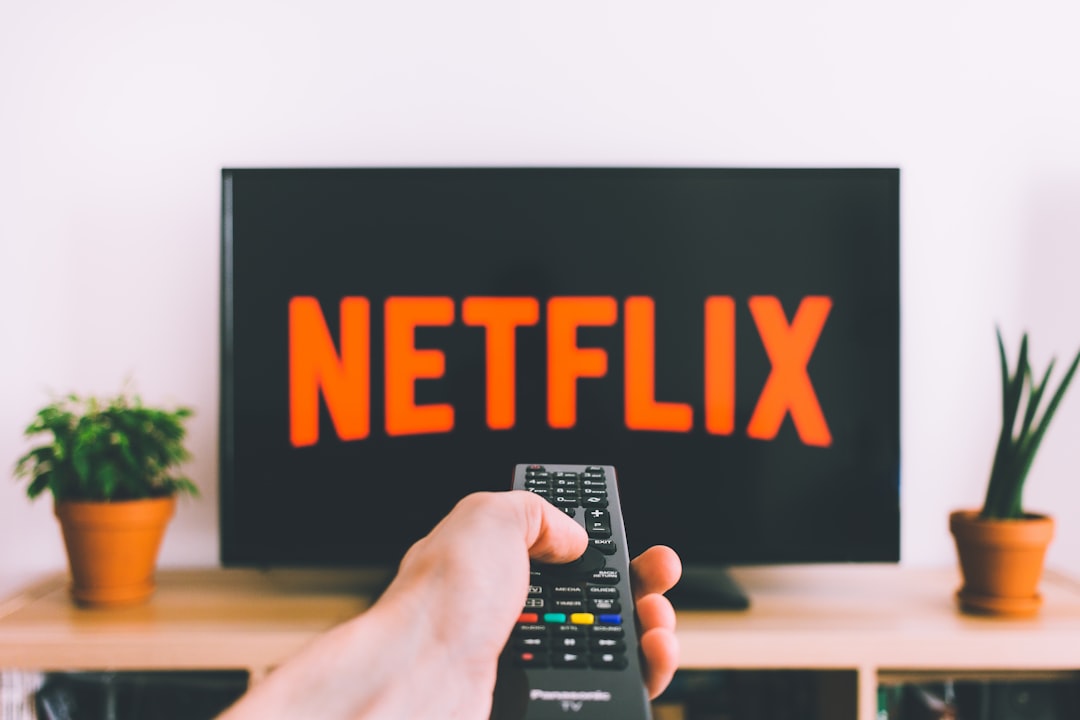The corporate culture of Netflix evokes strong reactions, both good and bad. Sheryl Sandberg said that the deck describing Netflix culture "may well be the most important document ever to come out of the Valley." The Wall Street Journal article on the company's culture was entitled "At Netflix, Radical Transparency and Blunt Firings Unsettle the Ranks."
To assess Netflix culture in depth, we use data from the MIT SMR/Glassdoor Culture 500. The Culture 500 combines natural language processing, machine learning, and human experts to classify the free text of 1.2 million Glassdoor reviews for more than 500 major companies. (You can find a detailed description of our methodology here).

Over the next few months, we'll use the Culture 500 to analyze the corporate culture of some of the world's best-known companies, starting with Netflix. As a first cut, we can compare how Netflix employees rate their culture relative to competitors. Glassdoor reviews include a 1-5 rating of a company's culture/values. The chart below shows the average culture/values rating for Netflix (red line) compared to Internet (blue) and Media & Entertainment (orange) industries for 2014-2018.

Netflix ratings are roughly in line with those industries. Average ratings alone, however, provide limited insight on corporate culture. We would like to understand which specific elements of corporate culture are working well and which are not. An even more powerful analysis would evaluate how well a company is doing on its core values. Netflix's core values are listed below.

Rather than assessing Netflix culture as good/bad or healthy/unhealthy, let's dig into how well the company is living up to its core values in the opinion of employees who wrote Glassdoor reviews. We'll start with Netflix "anti-rules pro-freedom" philosophy. The company explains its rationale below.

This argument is consistent with a point that Kathy Eisenhardt and I made in our book Simple Rules--too many rules can stifle agility and slow organizations down. Below are a sample of some of the ways Netflix avoids rules

Netflix avoids rules to ensure the company can adapt to changes in the marketplace more quickly and effectively than competitors. So how is the company doing on agility compared other Internet companies? The chart below, from the Culture 500, compares Netflix to 27 Internet companies in terms of how well employees assess the company's agility. The x-axis plots the percentage of employees who mentioned terms related to agility in the free text of their reviews (frequency) and the y-axis measures the percentage of employees who discussed agility favorably (sentiment). The results are normalized, so 0 is the industry mean for frequency and sentiment, and the axis labels denote standard deviations above or below the industry average.

The chart above shows that Netflix employees talked about agility roughly as frequently as employees at other Internet companies did. When it came to how favorably they discussed agility, Netflix employees were 1.7 standard deviations above the industry mean. This places Netflix on par with Amazon, and a bit below Uber and Facebook. This is all the more impressive when you consider that the Internet industry ranked highest on agility of the 33 industries we analyzed (see chart below).

As Netflix creates more original content, you could argue that the best comparison set is not other Internet companies but Media & Entertainment companies like HBO or Disney. So how does Netflix stack up on agility compared to media companies? Spoiler alert--off the chart.

To dig deeper into Netflix agility, we use analysis from CultureX, which partnered with Glassdoor and MIT Sloan Management Review to produce the Culture 500. One of the sub-topics included in agility is "red tape" which measures employees' assessment of how paper-work and administrative overhead slow them down. Netflix employees speak very favorably about the company's lack of red tape.

Reducing rules should also simplify work, and the chart below compares Netflix to other Internet companies on simplicity. Again we see that Netflix employees rate their company highly on simplicity.

It's interesting to note, however, that fewer rules do not necessarily translate into fewer or more effective meetings as the chart below illustrates. In the absence of detailed rules, employees may need to spend more time communicating with one another to discuss decisions and coordinate activities across the organization.

Bottom line is that Netflix employees rate the company very highly on agility, even compared to an industry that excels on this dimension. Netflix appears to be walking the talk when it comes to its "anti-rules pro-freedom" philosophy.
My next article will analyze how well Netflix lives up to its value of encouraging independent decision making, so stay tuned. And make sure to check out the Culture 500 interactive.
